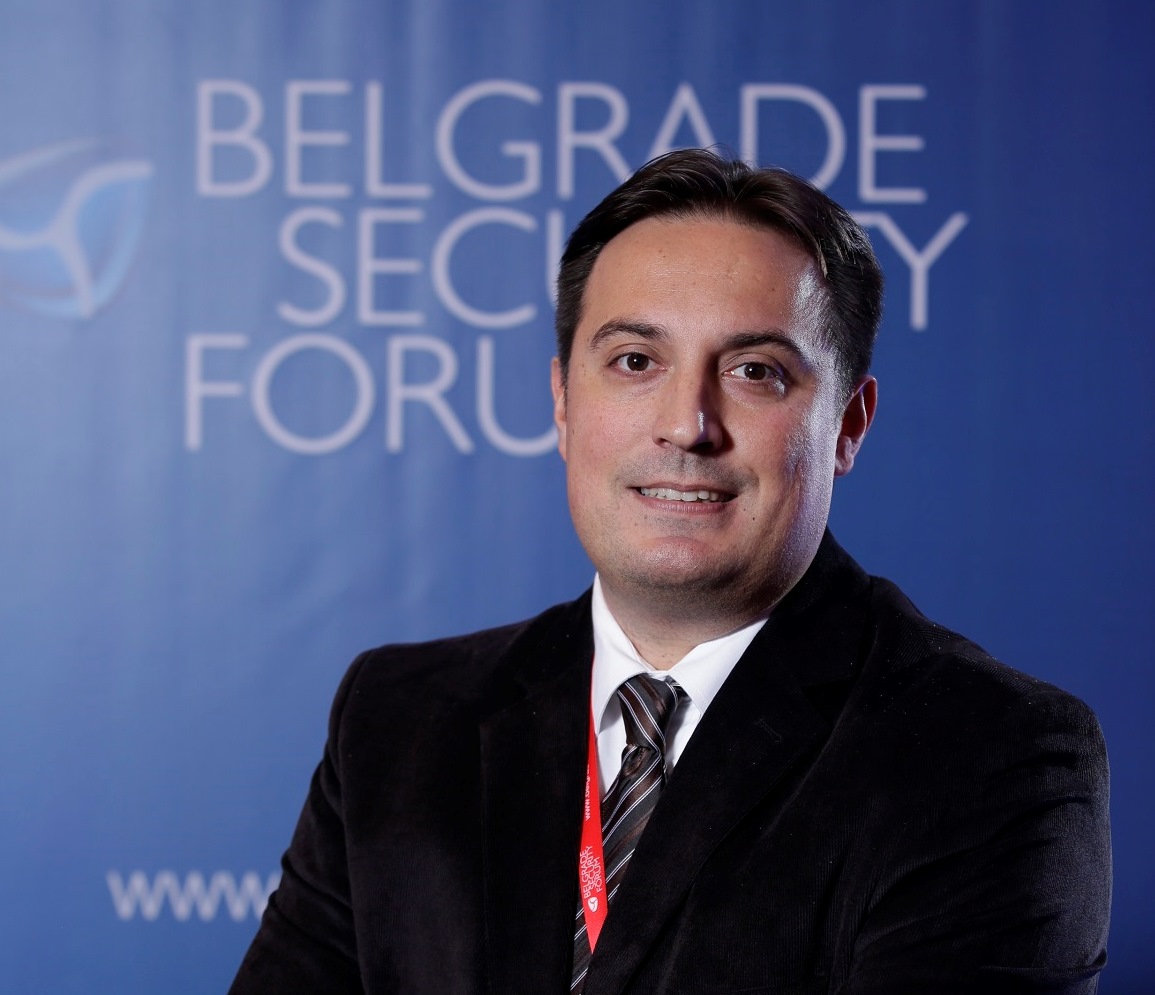Waiting for the Next Dynamo of Integration
by Marko Savković, Programme Director, Belgrade Security Forum
Elections in Germany must have been one of the most anticipated events of 2017. Less than a year ago, there were fears that even in this most stable of European countries, remaining champions of integration who had weathered the shock of 2015 migrant crisis with surprising resilience, leader will fall. However, and against this expectation, the only remaining question now seems to be who will support Merkel’s fourth term in office. Will it be the Social Democrats, by now indistinguishable from the government(s) they supported; or the liberal Democrats, making their triumphant return to the crux of German politics? And just how successful will the AfD be?
What is interesting – from our viewpoint – is that none of this will influence how Western Balkans and its chances for integration are perceived. Countries in this region, who remain aspirant to EU membership have for years now participated in a very specific process which European integration has become. Despite all the doom and gloom, they (represented by chief political actors) are kept engaged, being drawn into more and more cooperation frameworks and processes, culminating with the Berlin Process (again, not a substitute, but facilitator of integration). Thus the course is set. Yes, democracy seems to be traded for stability on daily basis, but we should try to look at the process objectively, taking first into account the interest of those running it (which is not us). And that is to export and ensure stability and security in what is Europe’s front yard (or backyard, kitchen, whichever you prefer), being a buffer from various security threats (migration, proliferation, etc). Will concerns for erosion of democratic institutions and practices ever come to the fore is anyone’s guess and, as much as it may be encouraging to speak of Western Balkans as part of Europe, this is still not reflected in the ‘doing’. Here or in Europe’s capitals. We are still not there, on the cognitive map.
Yet even this perspective, disappointing or rewarding (depends from where you stand) needs to be reaffirmed. The last thing the EU needs right now is a bunch of squabbling newcomers. Against a backdrop of deep societal crisis, the (Western) Balkans must prove not only its Europeanness, but more: ability to bring new quality into the “European project”. This is a daunting task. Our societies are fairly small, quite weak (in some cases still incomplete, with disputed borders), with limited resources. Human capital? Well, the best and the brightest are already leaving (for that same EU, or further to the west). So, it is the “stability and security” argument that we as well must utilize when presenting “our case” for integration. Hardly a promising prospect for our fragile democracies.
One good thing may be that the hegemon to whom we are addressing our hopes and concerns seems benign, humble, with exemplary political culture, strong and professional actors in the political process. Yet Germany acting alone is not sufficient. Other leading EU members need to get interested, and quickly, most prominent among them being France. And that directly depends on somewhat enigmatic personality of President Macron. First the “fresh air”, then the “Jupiter”, observing French politics from above, his agenda for the fall seems booked: changes to labor legislation certainly take precedence over European affairs. But as he talks of initiatives that will “refound” Europe (as he said in Trieste) – be it defence, or (much needed) Eurozone, now with a minister and a budget – someone should slip “enlargement” as well. After all, one union only proves the vitality of its model by attracting new members; and EU’s “big bang” enlargement of 2004 has been its most successful policy to date – right up there with the common market.
President Juncker recently went ahead and spoke of 2025 as “the year” for Montenegro and Serbia. Their leaders asked for a date; and have been given one. This leaves Albania and Macedonia on the sidelines, somewhat disappointed, hopefully for the moment only. Out of many issues, each of the countries involved is left with one that looms large: will they find enough political capital, courage and goodwill to make that final push against a context that is all but promising? With omnipresent ruling options, media misused, vitriolic political language, fissures in the electorate, populations that are growing as disinterested as they are getting older? And how will civil society – probably in need of a new paradigm – adapt to this challenge, if it will adapt at all? Perhaps some of the debates at upcoming Belgrade Security Forum might give a pointer or two.








